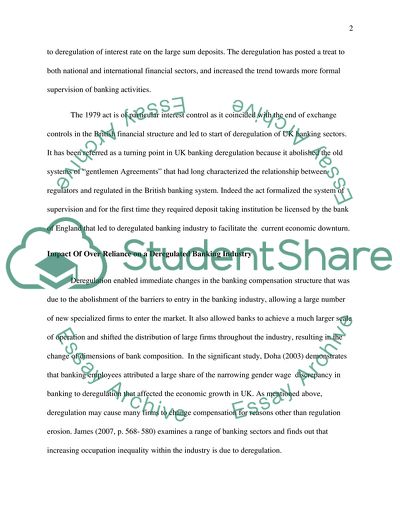Cite this document
(Governing the Banking Industry: Banking Deregulation Research Paper - 6, n.d.)
Governing the Banking Industry: Banking Deregulation Research Paper - 6. Retrieved from https://studentshare.org/macro-microeconomics/1761277-economics
Governing the Banking Industry: Banking Deregulation Research Paper - 6. Retrieved from https://studentshare.org/macro-microeconomics/1761277-economics
(Governing the Banking Industry: Banking Deregulation Research Paper - 6)
Governing the Banking Industry: Banking Deregulation Research Paper - 6. https://studentshare.org/macro-microeconomics/1761277-economics.
Governing the Banking Industry: Banking Deregulation Research Paper - 6. https://studentshare.org/macro-microeconomics/1761277-economics.
“Governing the Banking Industry: Banking Deregulation Research Paper - 6”, n.d. https://studentshare.org/macro-microeconomics/1761277-economics.


